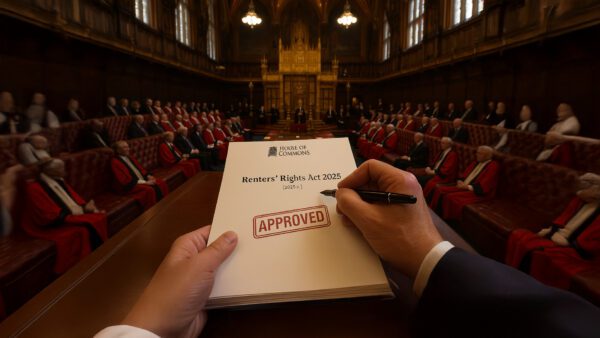Purchasing a business in administration can be a great strategic move. However, this process comes with its own set of risks. Below we explore the five key legal concerns that buyers should consider when purchasing a business in administration.
1. Establishing What Is For Sale
The information in sales particulars will not be guaranteed, so a physical inspection of the assets is recommended. Some assets might be subject to retention of title or lease agreements and so will not be the seller’s to sell.
Debts owed to the seller generally remain with the seller and are collected by the administrators. The buyer may want to consider making an offer on the debts or negotiating an arrangement whereby the buyer collects the debts on behalf of the administrators for a fee.
2. Legal Due Diligence
Undertaking comprehensive legal due diligence is crucial when considering the acquisition of a business in administration. This involves a review of (amongst other things) the target company’s commercial agreements, any ongoing legal disputes, intellectual property rights and regulatory compliance. However, there may be little time available for the buyer to carry out thorough due diligence due to completion deadlines and in any event, generally, there will be no right of recourse if information provided by the administrators is incorrect. It is therefore important to strike the right balance of legal due diligence when buying a business in administration.
3. Warranties, Representations And Indemnities
Administrators act as agents of the seller. They will accept no personal liability under the sale agreement and will give no warranties about the assets sold. As a result, the normal warranties that a seller might give will be very limited or excluded entirely. Buyers should approach the purchase with the understanding that they are likely to receive the business on an “as-is” basis, with no assurances about the condition or performance of the business or its assets.
Conversely, the administrator will likely require the buyer to provide indemnities to the administrator and seller in respect of any liabilities that arise post-completion such as any employment related claims under The UK Transfer of Undertakings (Protection of Employment) Regulations 2006 (“TUPE”) or any ongoing contractual obligations that the buyer agreed to take over.
4. Employment Law
Navigating employment related legal issues is crucial when acquiring a business in administration. Where possible, buyers should examine existing employment contracts and any pending employee disputes. TUPE generally applies where the seller company is in administration. As a result, employees assigned to the business that is being sold will be transferred automatically on their existing employment terms to the buyer. It is therefore not possible to elect to choose certain employees and employment related liabilities in the same way as other assets and liabilities.
TUPE is particularly important in an administration sale context as TUPE related claims are likely to be focussed on the buyer given the seller’s insolvency and, as mentioned above, administrators will usually require broad indemnities from buyers for any liability as a result of failing to comply with TUPE.
5. Customer and Supplier Relationships
Maintaining strong relationships with customers and suppliers is essential for the continued success of any business. Buyers should assess the impact of the acquisition on existing customer and supplier relationships. Reviewing and understanding the contractual obligations of the target business is crucial. Existing contracts with customers, suppliers, and other stakeholders should be reviewed to assess transferability of contracts, identifying any change of control provisions, and understanding the consequences of the acquisition on ongoing agreements. Your legal advisor can provide guidance on contract novation, renegotiation, or termination to ensure a seamless transition and avoid legal disputes.
Conclusion
While buying a business in administration presents unique opportunities, there are inherent risks that require careful consideration. At Quastels, we have experienced legal advisors in our Corporate Department to draft and review business sale agreements and all related documents to ensure that the buyer’s interests are protected to the fullest extent within the constraints of the administration sale.
To discuss any of the points raised in this article, please contact Nilam Davé or fill in the form below.









